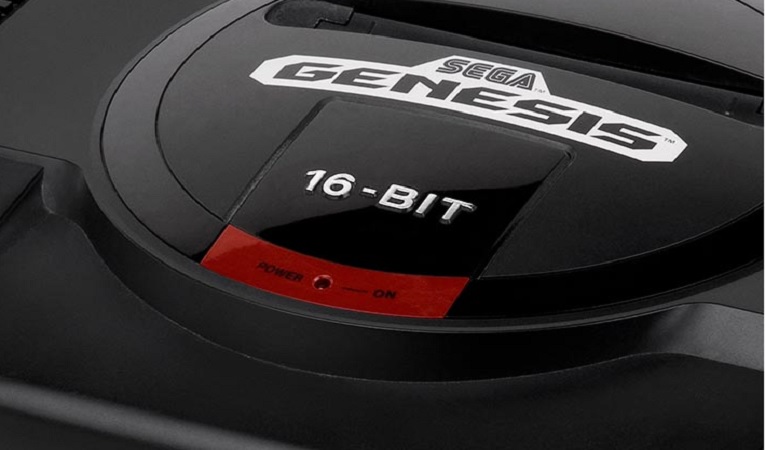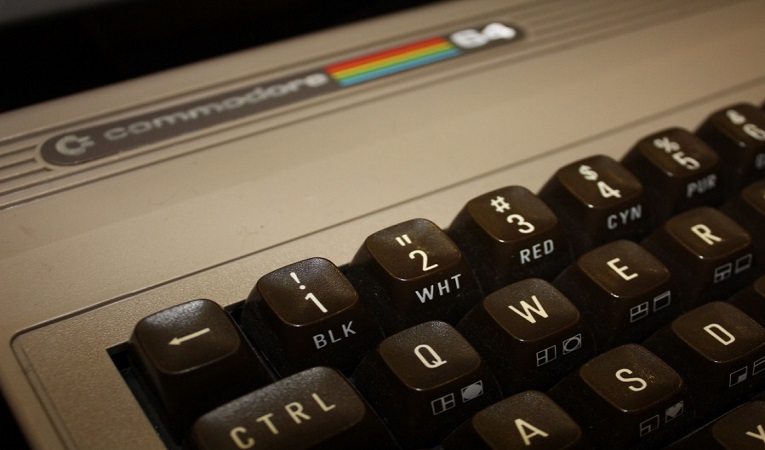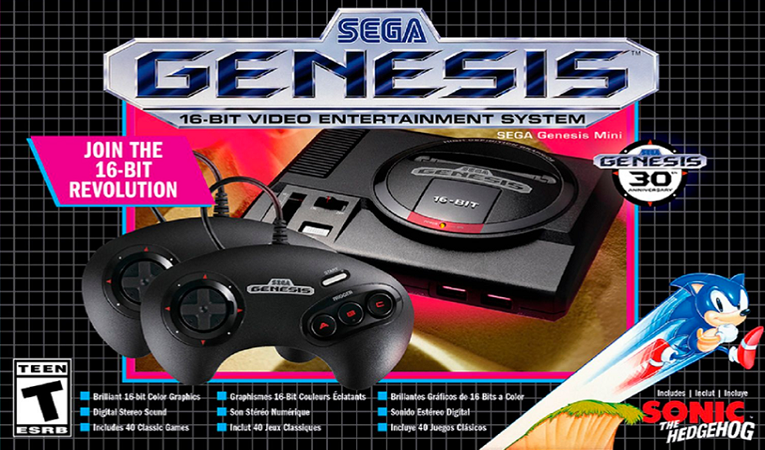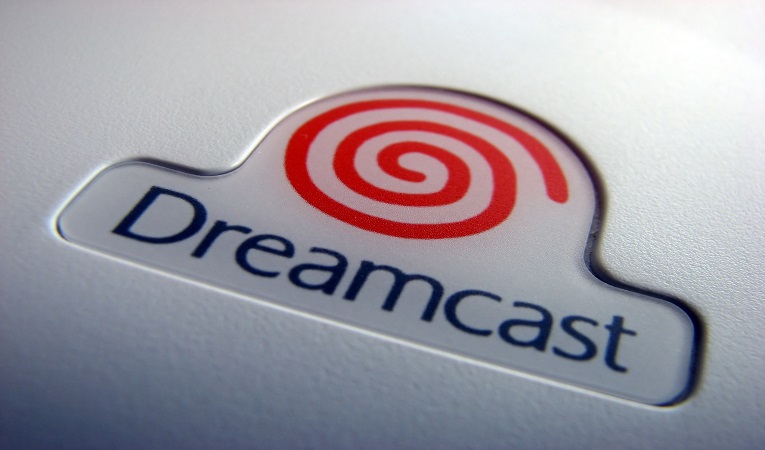
The release of the Sega Genesis in August 1989 marked a significant moment in the history of video gaming, especially within the United States. With its robust hardware, innovative marketing strategies, and a diverse library of games, Sega successfully invaded the US gaming market, challenging the dominance of Nintendo and selling over 30 million units globally. Boasting a 16-bit processor, the Genesis provided improved graphics, sound quality, and gameplay experiences. The introduction of Sonic the Hedgehog in 1991, Sega’s iconic mascot, showcased the console’s speed and graphical prowess, captivating players and setting the stage for the competition to come. One of the key factors that allowed Sega to successfully perform in the US gaming market was its innovative marketing approach. Sega’s “Genesis does what Nintendon’t” campaign challenged the image of Nintendo as the family-friendly console, positioning the Genesis as the edgier, more technologically advanced alternative. The marketing campaign targeted older players, highlighting the Genesis’s more mature games and emphasizing its technological capabilities. This strategy effectively differentiated Sega from Nintendo, attracting a broader audience and capitalizing on the desire for innovation. To establish a foothold in the US gaming market, Sega recognized the importance of a strong game library. By securing exclusive partnerships and licensing agreements with developers, Sega ensured a diverse range of titles for the Genesis. Games like “Altered Beast,” “Streets of Rage,” and the aforementioned “Sonic the Hedgehog” showcased the console’s capabilities and provided players with compelling gameplay experiences. These titles not only attracted players but also solidified Sega’s position as a serious competitor to Nintendo. Through its technological superiority, innovative marketing strategies, and diverse game library, Sega successfully conquered a large percentage of the US market and challenged Nintendo’s dominance. The competition between the two giants shaped the trajectory of the gaming industry, leaving a legacy that continues to influence gaming culture today. The Sega Genesis will forever be remembered as a catalyst for change, marking a pivotal moment in the history of video gaming.














